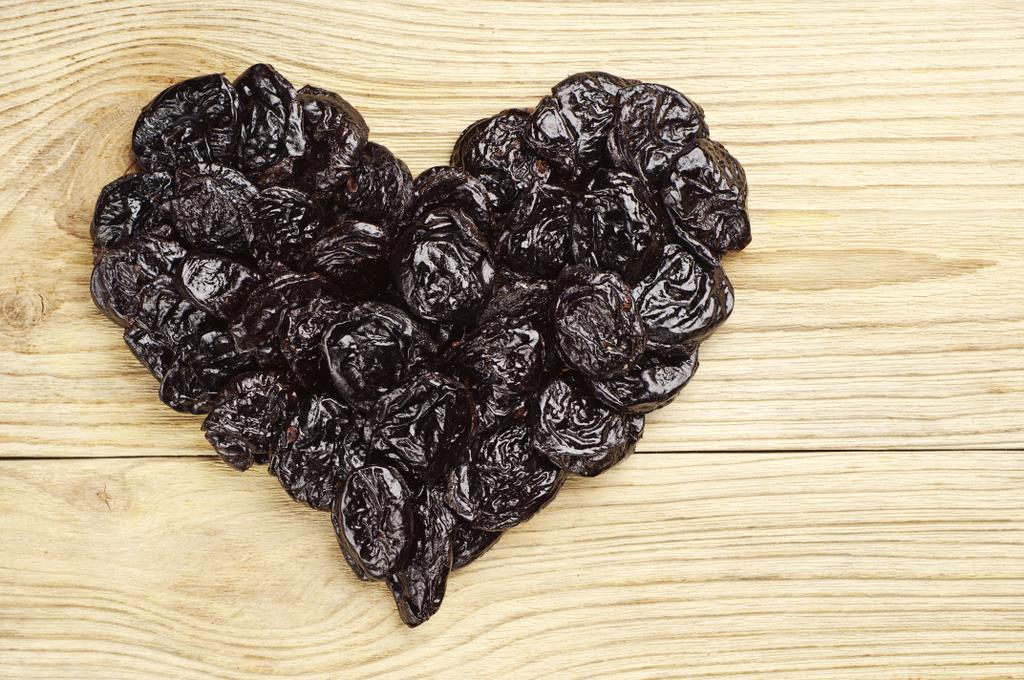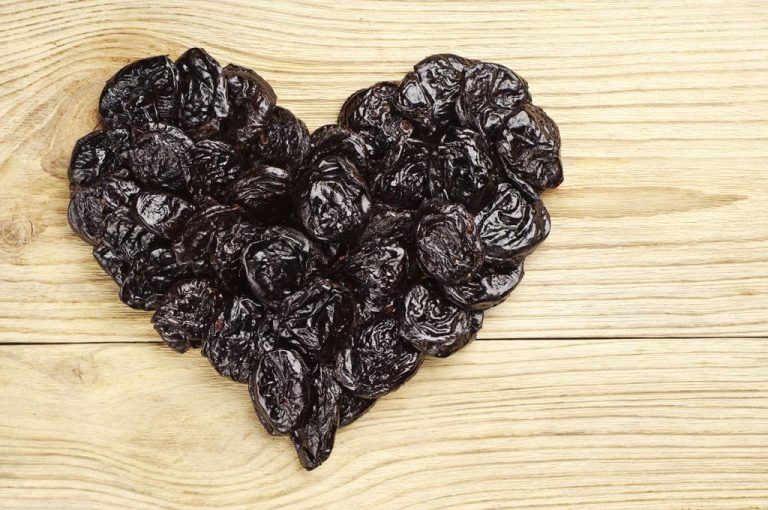Prune juice is rich in vitamins and other valuable ingredients. As a home remedy, it is particularly useful for constipation and helps babies and adults alike. We’ll show you how to use it.
The plum season begins in July – the harvest continues until the beginning of October. During this time, the blue fruits are ideal for classics such as plum jam and plum cake. They can also be processed into juice.
Prune juice has long been recognized as an effective home remedy for constipation. It is mainly used in this function for babies and small children. In the meantime, scientific studies have also checked its digestive stimulating effect and confirmed it in test series.
The researchers involved attribute the laxative effect mainly to the fact that the pulp of the plum is rich in so-called fibers. The sugar alcohol sorbitol also plays a role. Despite their name, sugar alcohols have no alcoholic ingredients, but belong to the carbohydrates and are also found in other types of pome fruit. In addition, plums have a high fructose content: large amounts of fructose also act as a natural laxative.

Prune juice provides potassium and vitamins
However, plum juice not only contains fructose, but also a number of other ingredients that are healthy and important for the body. These include per hundred grams:
Potassium – 190 mg
Magnesium – 10 mg
Vitamin C – 5 mg
Vitamin E – 0.9 mg
Vitamin A – 61 µg (micrograms)
Their high potassium content in particular makes plums a valuable part of the daily diet. Potassium is important for muscles and also helps regulate blood pressure. A recent study also showed this.
If the manufacturer processes not only the pulp but also the peel, prune juice also contains many polyphenols. Scientists attribute antioxidant effects to these plant substances. They are said to reduce the risk of cancer and cardiovascular diseases.
On the other hand, you should avoid prune juice if you are affected by fructose intolerance or sorbitol intolerance.

Prune juice for constipation: how to use it
Especially when babies are new to solid food and constipated, prune juice can help them. Signs of constipation in the baby include a hard stomach, hard and dry stools or visible straining when having a bowel movement. Even if there is no bowel movement for a long time, this is often an indication.
If you want to give your baby prune juice to relieve his discomfort, you should start with small amounts and carefully test whether he tolerates the juice. Overall, you should not exceed 125 milliliters a day. In order not to overtax the child’s sensitive digestive system, it is also advisable to dilute the juice well: For children, the German Society for Nutrition (DGE) generally recommends a mixing ratio of three parts water and one part fruit juice. However, the prune juice does not replace the normal feedings; you should give it to your child in addition to their normal diet.
Prune juice can also provide relief from constipation in older children and adults. You don’t have to drink it in excess: a small glass (250 milliliters) is often enough for an effect to be seen. If she doesn’t, you can try a second glass. If the juice is too sweet for you due to its high fructose content, it is best to mix it up as a spritzer. As an alternative to the juice, you can of course eat a handful of fresh or dried plums to stimulate digestion.
However, for stubborn and persistent constipation that the home remedy does not help, it is better to see a doctor than to experiment or increase the dose even further.



